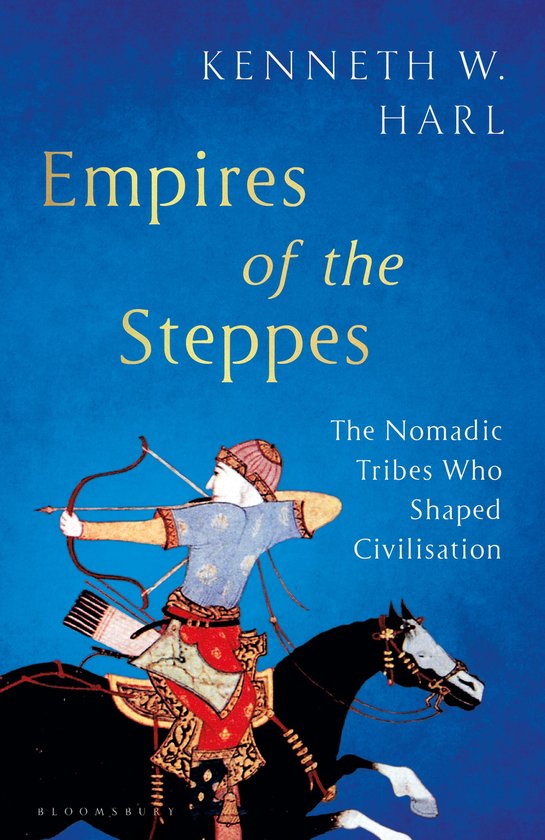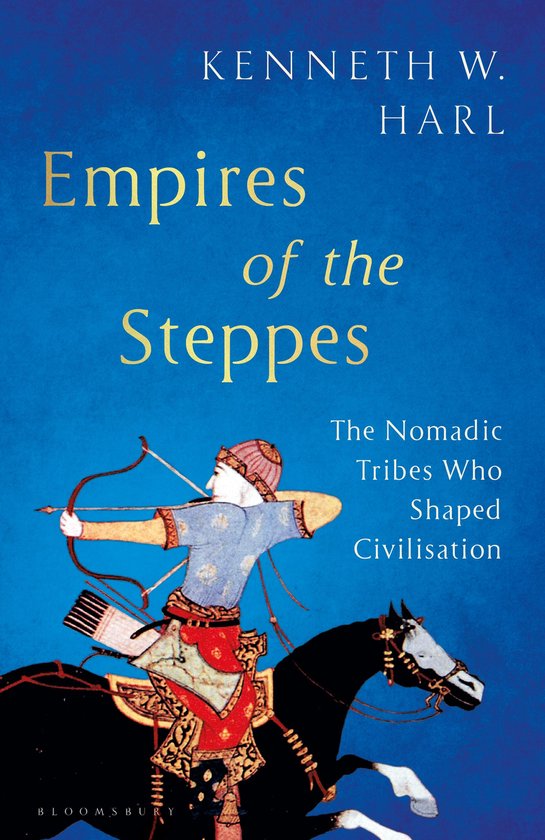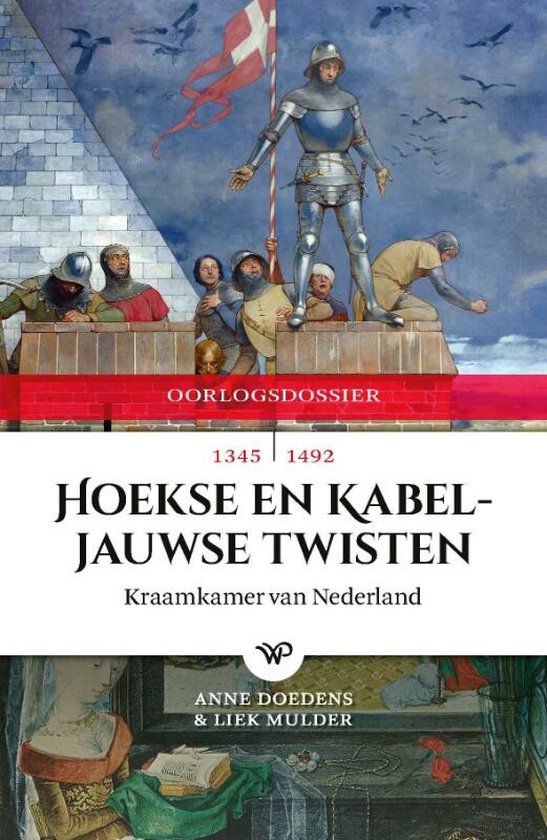
Empires of the Steppes
An epic history of how the so-called 'barbarians of the steppes' shaped the modern world. ‘A rollercoaster of historical narration’ History Today 'This is a history of epic scope that brings together the empires of the steppe land with the caravan cities of the Silk Road and imperial China' Martyn Rady, author of The Middle Kingdoms 'A sweeping account of forty-five centuries of nomadic tribes' Gillian Tett, Financial Times ' Flips the script to present the booted, felt-capped, leather-trousered and kaftan-wearing nomads as the bearers of civilisation . . . Harl's exhaustively researched book will ensure they rejoin the narrative of world history' Marc David Baer, Guardian The barbarian nomads of the Eurasian steppes played a decisive role in world history, but their achievements have gone largely unnoticed. These tribes produced some of the world’s greatest conquerors: Attila the Hun, Genghis Khan and Tamerlane, among others. And their deeds still resonate today. Indeed, these nomads built long-lasting empires, facilitated the first global trade of the Silk Road and disseminated religions, technology, knowledge and goods of every description that enriched and changed the lives of so many across Europe, China and the Middle East. From a single region emerged a great many peoples – the Huns, the Mongols, the Magyars, the Turks, the Xiongnu, the Scythians, the Goths – all of whom went on to profoundly and irrevocably shape the modern world. In this enthralling new history, Professor Kenneth W. Harl draws on a lifetime of scholarship to vividly recreate the lives of these peoples from their beginnings to the early modern age. Their brutal struggle to survive on the steppes bred a resilient, pragmatic people ever-ready to learn from their neighbours. In warfare, they dominated the battlefield for over fifteen hundred years. Under charismatic rulers, they could topple empires and win their own.
| Auteur | | Kenneth W. Harl |
| Taal | | Engels |
| Type | | Hardcover |
| Categorie | | Geschiedenis |





